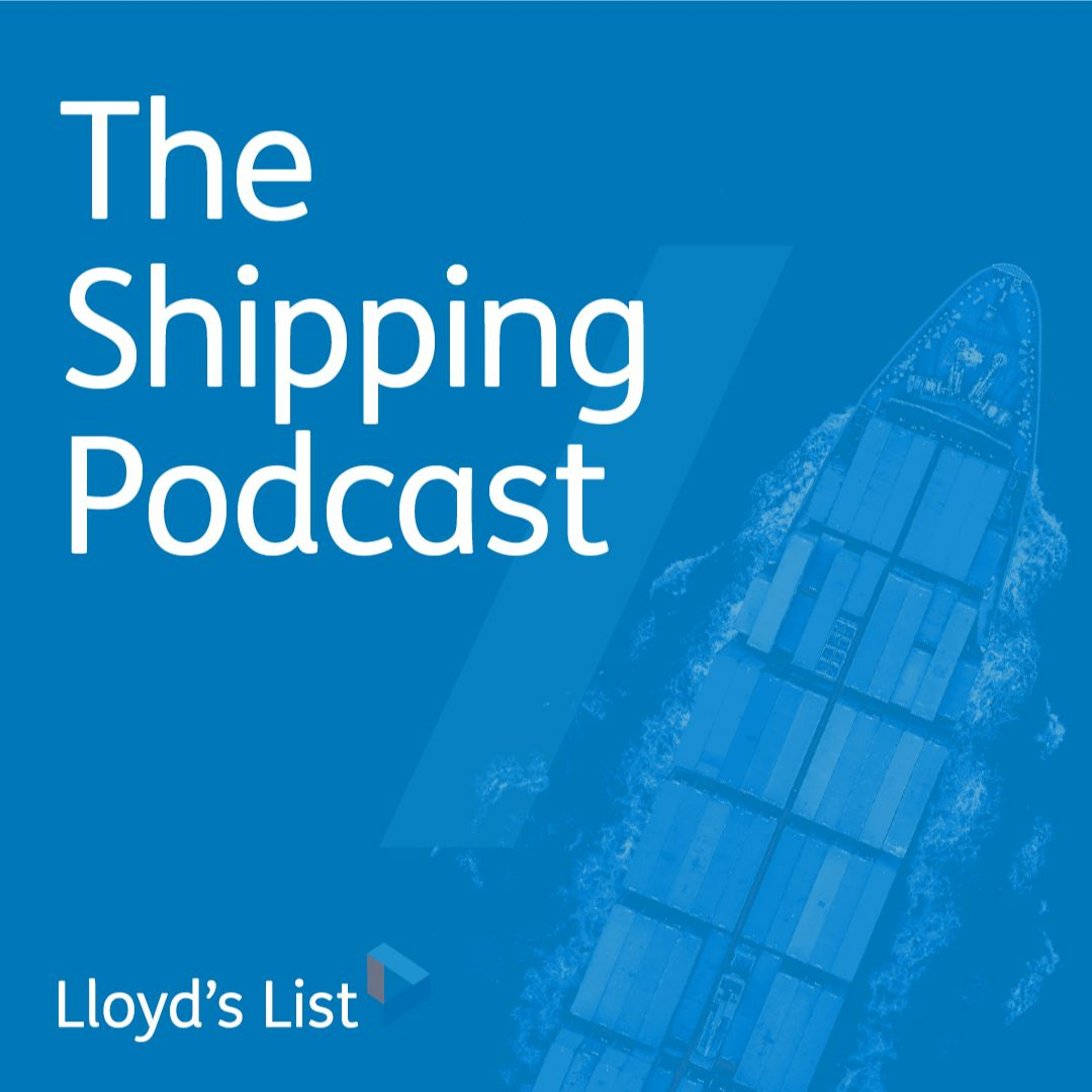
Storm warning: The impact of weather data on decarbonisation
Lloyd's List: The Shipping Podcast
Shownotes Transcript
Lloyd's List Sponsored content in association with Orbit MI
WEATHER has always mattered for shipping; it will matter even more as the climate changes.
The 2021 report from the United Nations Intergovernmental Panel on Climate Change stated that it is “unequivocal” that human influence has warmed the atmosphere, ocean, and land.
Disruptive weather events impact all sectors of the supply chain. For shipping, it is becoming imperative to understand what lies over the horizon weather-wise, and to leverage that information to make smart decisions.
There has been a tremendous improvement in the accuracy of weather forecasts over the past decade, progress that has run in parallel with the functionality of maritime software.
The need now is for operational data and weather data to combine to inform decision-making at every level of maritime business — especially in pursuit of decarbonisation and safety goals.
Industries and businesses embrace digital technology at different speeds, however all software providers are looking to present complex information in a way that's easily understandable and makes a significant and valuable impact, whatever the customer’s specific need.
Towards the end of 2022, OrbitMI, the vessel performance software specialists, launched an integration with weather analytics experts DTN to upgrade weather-optimised voyage routeing.
The Orbit Weather+ digital solution, powered by DTN marine weather APIs, has been implemented fleet-wide by Stena Bulk, with several pilots underway at other companies.
The solution aims to find the smartest, safest, and most fuel-efficient route using AI-based machine learning to analyse constantly updated weather data fed into the Orbit VPM system through DTN APIs.
Renny Vandewege is a meteorologist now focusing his attention on the impact of weather events on businesses across agriculture, aviation, utilities, and maritime. As vice-president, global commercial at DTN, he understands why shipping has been slow to merge weather data into the broader suite of cloud-based software.
“Weather is just there; you feel you can't control it — which is unfortunately true. But we are learning that as we get more data sets, we can see both weather and the ocean impacts of weather more clearly,” Mr Vandewege tells Chief Correspondent Richard Clayton on this podcast.
David Levy, chief marketing officer at OrbitMI, says the top request from customers has been for weather data to be incorporated into optimisation software.
“The question is how can we take advantage of all the weather data that’s out there?” Mr Levy asks. “There are many services and there’s no shortage of weather data. We had to augment what we already have in our platform, and that’s how we started to work with DTN.”
This podcast addresses the reasons why weather should no longer remain in its silo, why weather data must be seen as an integral element in smart maritime decision-making, and how an understanding of climate change-influenced rougher seas, changing wave periods, more precipitation events, and more powerful hurricanes will impact shipping’s decarbonisation journey.